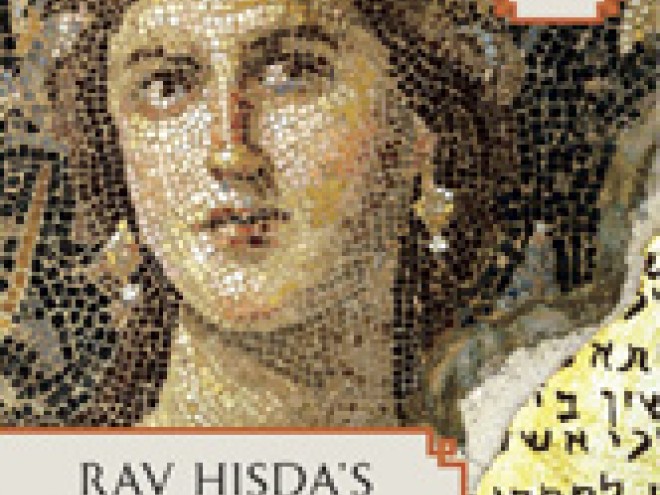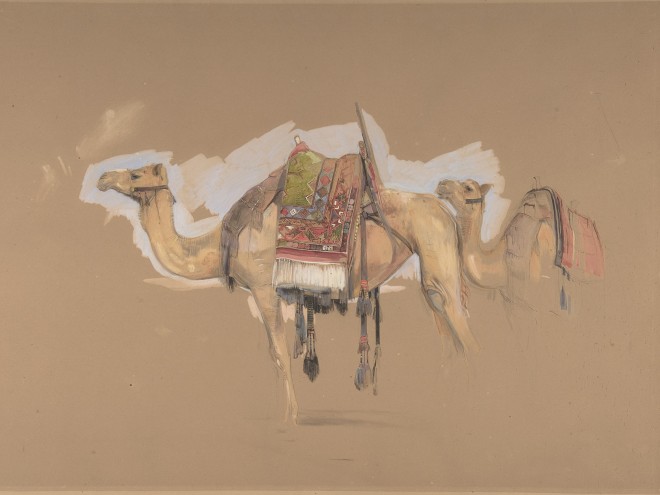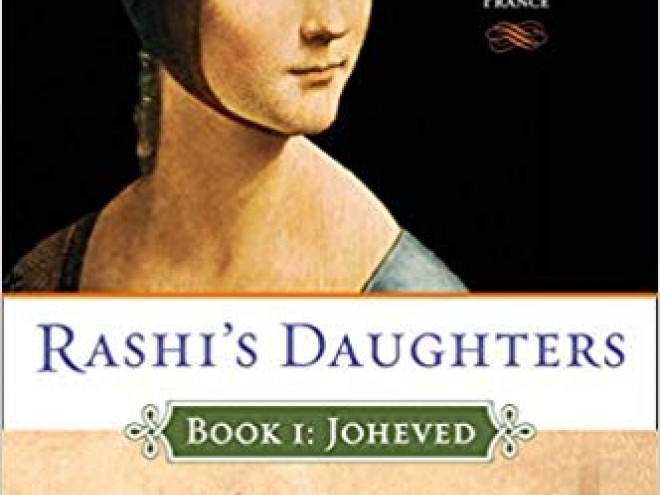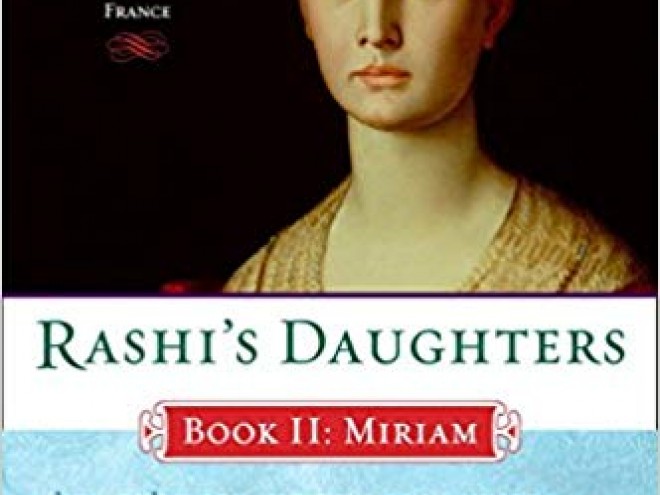Maggie Anton takes readers on a journey to fourth-century Babylonia as she continues the story of Rav Hisda’s daughter. Hisdadukh, called Dada, is grieving the loss of her husband and young daughter. She journeys to Pumbedita, a major city on the East-West trade routes, to continue her studies as a charasheta, enchantress, with Em, a master sorceress. Already a skilled writer of amulets and incantation bowls, she will learn to use herbs for healing and study magic and spells. She will also deal with the complex relationship that she has with Rav, her late husband’s teacher. She once believed that he was responsible for her husband’s death, but now she would also like to marry him.
This well-researched historical novel gives readers a taste of life in ancient times, when demons, spells, and magic were part of daily life. Sorcery was an esteemed profession that gave women status and power in the community. Dada must use her powers to conquer an evil sorceress who wanders in the desert, determined to seek vengeance on her family. Readers will be turning pages quickly to see how this epic battle ends. Will Dada succeed and fulfill her destiny as Rav’s wife? The author thoughtfully provides readers with a timeline, a cast of characters (there are many!), and a glossary. Book clubs will have a great deal to discuss. Who knew that the sages of the Talmud also dealt with magic? Some of their incantations are, in fact, now part of the prayers that Jews chant in the synagogue.
Barbara M. Bibel is a librarian at the Oakland Public Library in Oakland, CA; and at Congregation Netivot Shalom, Berkeley, CA.
Discussion Questions
Courtesy of Maggie Anton
- Hisdadukh and her contemporaries accept magic — curses, demons, and spells — as a normal part of everyday life. Did this surprise you? Why do you think magic is such an integral part of their lives?
- Em tells Hisdadukh that “the longer a man has desired a thing, the harder he works for it, the more worried, perhaps even frightened, he becomes as his goal comes within reach.” Do you agree with her? What ultimately allows Rava and Hisdadukh to reconcile and wed?
- Rava often remarks that he struggles with his yetzer hara. But later on in the novel, Rav Oshaiya tells him that “God wants us to love Him with both our yetzer tov and our yetzer hara.” What does he mean by this? Does Rava eventually succeed in using his yetzer hara in this way?
- Why are Em, Rava and Abaye so dismayed by the dream interpretations they receive from Bar Hedaya?
- The author weaves many teachings from the Talmud throughout her text. What purpose does this serve?
- There are many restrictions placed on women living in fourth-century Babylonia. What are some of the challenges Hisdadukh, Homa, and others face because of these rules? Alternatively, were there some ways in which the lives of women were better than you might have expected them to be?
- How does Hisdadukh manage to endear herself to both Em and Yalta? What does she learn from each woman?
- What is Rava’s relationship with his son, Joseph, like? Why does he treat him differently than he does his younger sons? Do you think Rava struggles with the same sense of resentment that Rav Hisda admitted to feeling when his first son was born?
- Hisdadukh tells Homa that a charasheta must be favored by the angels in order for her incantations to work. Hisdadukh and Rava are blessed by these angels, but not all of their friends and family are. Is there any discernible reason why some are more favored than others? Is it possible for a person to change their luck?
- Why is seeing Ashmedai in Rami’s form so upsetting to Rava? What eventually allows him to forgive Hisdadukh?
- When Rav Hamnuna dies, Rava inherits King Solomon’s ring and a sheaf of papers with a spell written in them. As Rava and Hisdadukh examine the pages, Hisdadukh comes to a realization: “Rabbi’s spells were self-serving, while those of charasheta were to protect and help others.” Does the novel make a judgment as to which kind of magic is superior?
- What is Hisdadukh’s relationship with Chama like? How does it change over the course of the book?
- How is Hisdadukh affected by the deaths of her parents? Does she react differently to the death of her father than she did of her mother? How so?
- Consider Hisdadukh’s interactions with Ashmedai. How does he try to control her? Would she have been able to bend him to her will without Solomon’s ring?
- Why is it so important to Hisdadukh that she defeat Zafnat herself? Could she have succeeded without Rava and Chama’s assistance and learning?
- What role does forgiveness play in the novel?





